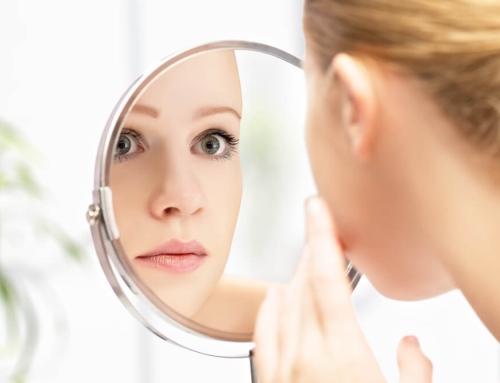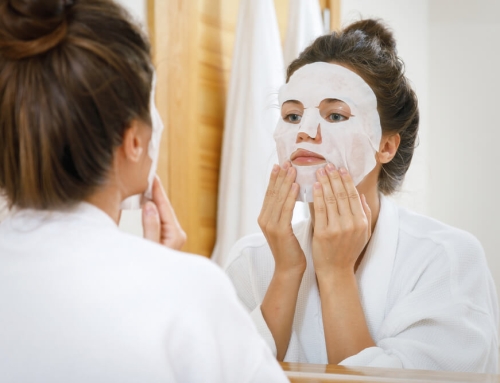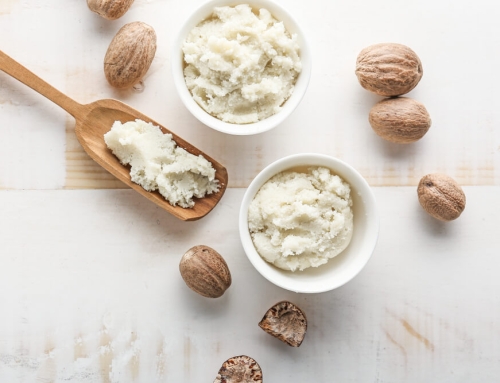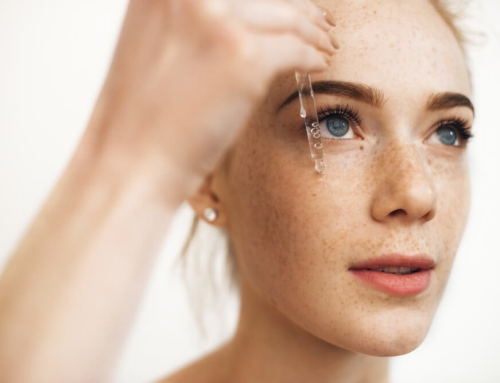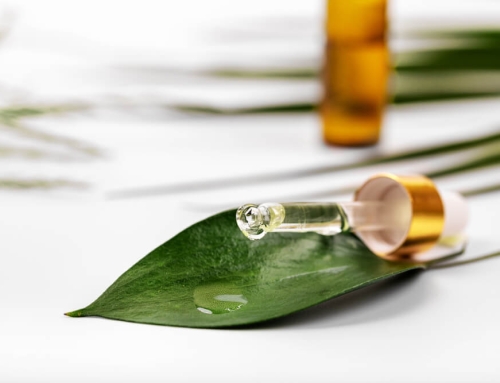Ever wished your skincare products were more effective?
Here are six miracle-performing ingredients that have the potential to truly transform your skin.
1) Hyaluronic Acid
Just about everyone has heard of hyaluronic acid now, with this ingredient shooting its way into the limelight.
What makes hyaluronic acid so special?
It has extremely powerful humectant properties. This means that it has the ability to draw in moisture from the air and hold on to it. When this process takes place on your skin, the hyaluronic acid then feeds this moisture into your skin as and when your skin needs it.
The results?
Plumped up skin cells that have a fresh and luminous glow. Yes, other ingredients have humectant properties too, but hyaluronic acid is able to hold up to 1000 times its weight in water, making it one of the more powerful humectants out there.
You will notice the difference in your skin pretty much immediately after applying this miracle ingredient, with these improvements continuing on in the long term if you are consistent with the products you are using.
One thing to keep in mind…
In addition to seeing hyaluronic acid on an ingredients list, you may also notice sodium hyaluronate.
Wondering what the difference is?
Sodium hyaluronate is the salt form of hyaluronic acid, meaning that it features a much smaller molecular size. This enables it to penetrate deeper into the skin that hyaluronic acid, hydrating the skin cells that are often missed by other topical ingredients.
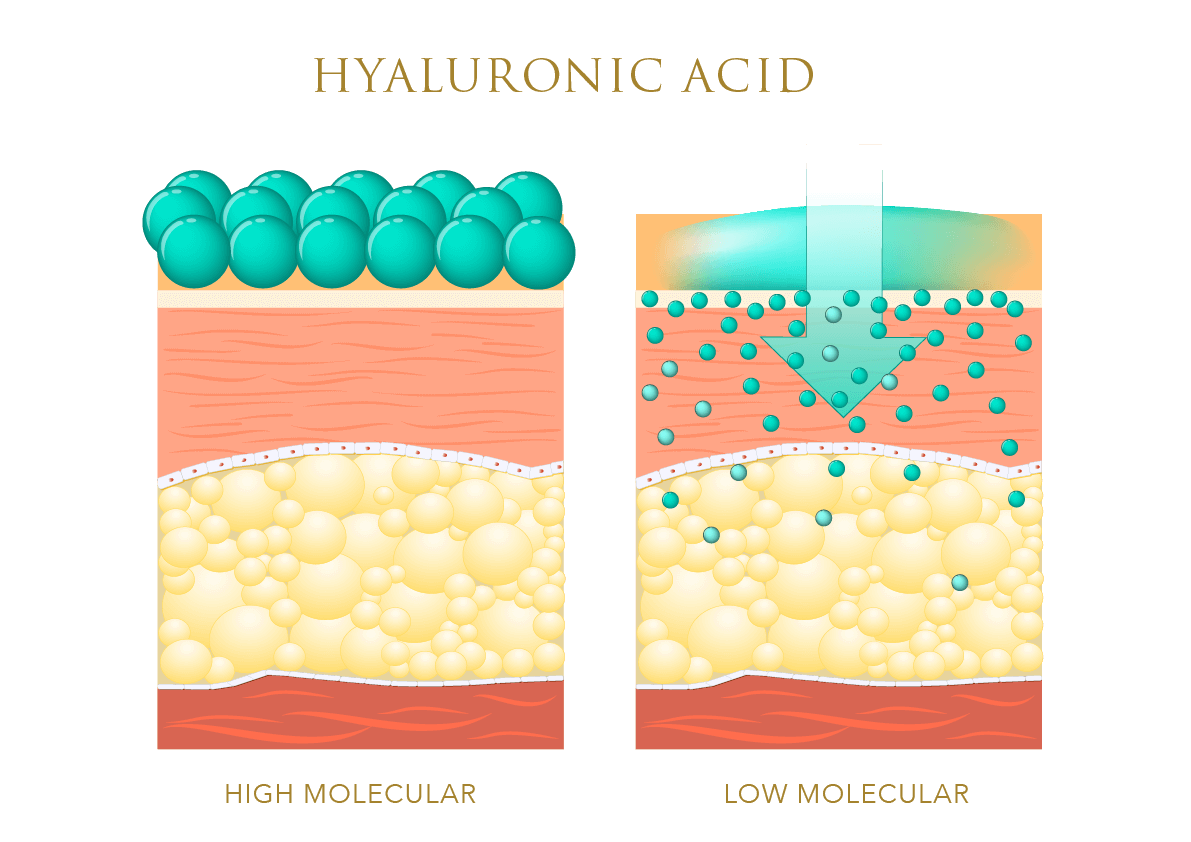
However, this doesn’t mean that sodium hyaluronate is necessarily better than hyaluronic acid…
While sodium hyaluronate hydrates the deeper layers of your skin, hyaluronic acid targets the surface layer, which is also in need of hydration. Ideally, try to use both forms of the ingredient on your skin in order to experience maximum benefits.
2) Vitamin C
You probably already know that vitamin C is an important ingredient for your skin because, just like hyaluronic acid, this one has been in the headlines quite a bit lately.
Nevertheless, here is a quick breakdown of some of the many benefits that vitamin C can bring to the skin:
- Powerful antioxidant properties that help to protect the skin from premature aging, as well as from the effects of sun damage
- Promotes the production of collagen and elastin, two proteins that are key when it comes to how smooth, firm and tight your skin is
- Evens out the skin tone by lightening any hyperpigmentation, while leaving the normally-pigmented skin cells alone
- Increases skin thickness, making it stronger and more resilient
Vitamin C can bring about significant improvements in the skin after just a few weeks of consistent use.
However, there is something that you do need to know before purchasing a vitamin C skincare product…
Vitamin C is quite an unstable ingredient. When it is exposed to light or air, it quickly degrades. Not only does this mean that the vitamin C will not have much of an effect on your skin, but it can actually be dangerous. When oxidized vitamin C is used on the skin, it can cause the formation of free radicals, which then leads to deep skin damage and accelerated skin aging.
This is why, if you really want to experience the miraculous effects of vitamin C, you need to look for a powerful product that has been packaged in a container that is opaque, so as not to allow any light through. A pump-style dispenser is also important, as this prevents air from entering into the product and degrading the ingredients.
An example of a product that meets those requirements is the OROGOLD 24K Vitamin C Booster Facial Serum. Not only is the packaging spot-on, but this formula also contains a few other skincare superstars, including:
-
- Vitamin A
- Vitamin E
- Wheat germ oil
- Gold
A serum really is the best way to get this ingredient into your skin, as serums tend to penetrate deeper than creams, bringing about more noticeable and longer-lasting changes.
3) Glycolic Acid
You probably already know that exfoliation is key when it comes to keeping your skin healthy.
Although your skin naturally exfoliates on its own, the rate at which it does this declines with age. This means that your dead skin cells end up building up on the surface of your skin, making their way into your pores and causing blockages. This then leads to everything from dullness to acne, none of which you would be dealing with if you regularly exfoliate.
When it comes to exfoliation, you have two main options:
- Physical Exfoliation – this makes use of an abrasive substance, such as a scrub, to physically slough the dead skin cells off your skin
- Chemical Sunscreen – this makes use of different chemicals, usually from natural sources, to dissolve that glue-like bond on the skin that holds on to dead skin cells, enabling them to be washed away
Glycolic acid would be a form of chemical exfoliation. It may sound harsh, but exfoliating with acids actually tends to be much gentler on the skin than physical exfoliation. This is because it does not cause any friction on the skin, whereas physical exfoliation usually requires the skin to be pulled and tugged, even if only slightly.
So, what exactly is glycolic acid?
It is an alpha hydroxy acid that is naturally found in certain plants, such as:
- Sugarcane
- Sugar beet
- Pineapple
In addition to exfoliating the skin, glycolic acid also has the following effects:
- It stimulates skin cells, increasing cell regeneration and contributing to a brighter complexion
- It gives the pores a deep clean, unclogging them of any dirt and sebum that may have settled inside, therefore helping to prevent acne breakouts
- It targets pigmentation, evening out the skin tone and reducing the appearance of dark spots
- It improves skin texture, making it smoother to the touch
- Promotes collagen and elastin production, giving you a firmer and tighter complexion
- Helps to prevent ingrown hairs
Wondering if glycolic acid is suitable for all skin types?
It is, if you use the right concentration. If you have sensitive, dry or thin skin, you will need a low concentration so as not to cause any irritation. If you are worried, try a gentler alpha hydroxy acid instead, such as lactic acid or malic acid.
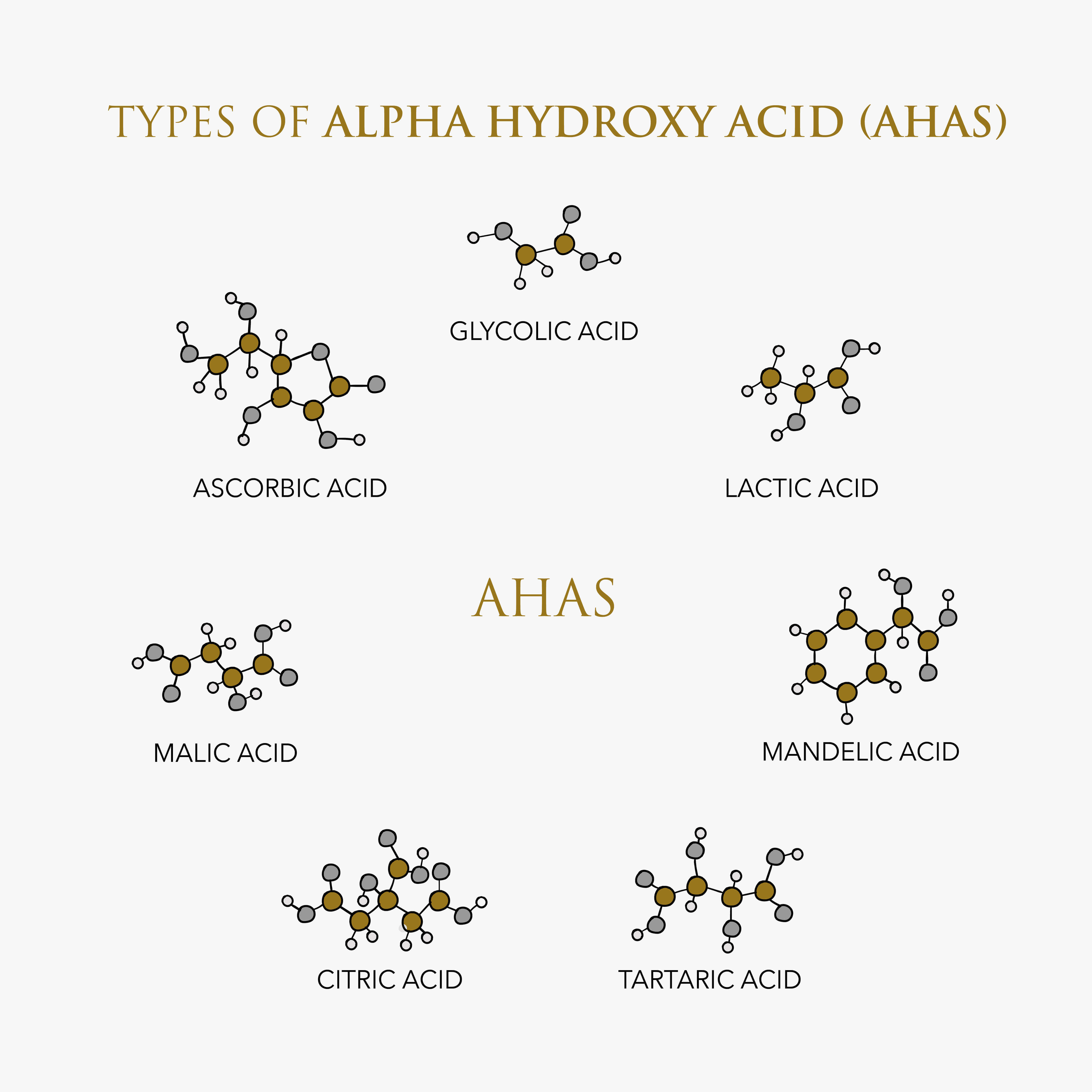
4) Retinol
Retinol is everywhere these days, and for good reason too.
This is one of the more potent vitamin A derivatives out there, and it can well and truly transform your skin.
What exactly does retinol do?
So many things, such as:
- Increases skin cell turnover, which basically increases the rate at which your skin naturally exfoliates, giving you a brighter and smoother complexion
- Stimulates collagen and elastin production, giving you a smoother, firmer and tighter complexion, minimizing the appearance of fine lines and wrinkles
- Helps to control oil production, which then prevents clogged pores and breakouts
- Evens out the skin tone, reducing pigmentation
Such a wide range of benefits may seem too good to be true, and, for some people, it is…
There are several vitamin A derivatives out there, and, as mentioned earlier, retinol is one of the more powerful ones. While this means that you will experience your results faster than if you used a weaker derivative, it does also leave you susceptible to its side effects.
These side effects include:
- Irritation
- Dryness
- Peeling
- Redness
Wondering why you would want to use this ingredient when side effects are so common?
Because these side effects usually only last for a couple of weeks. This is how long it takes for your skin to grow accustomed to the ingredient, after which it should accept it readily. You can minimize your chances of experiencing side effects by starting off slow. Use just a small amount of your retinol product once every few days, building this up gradually so that your skin has time to grow accustomed to the ingredient.
5) Peptides
Do you know what the amino acids in your body do?
They are basically the building blocks of all of the proteins in your body, including collagen and elastin. As you probably already know, those two proteins make up your skin’s main structure, giving it its firmness, smoothness and volume. Without a lack of amino acids, your skin would quickly take on a loose, sagging and wrinkled appearance.
What does this have to do with peptides?
Well, peptides are strings of amino acids. These “strings” can take on various formations, and each one signifies a different peptide. Yes, that means that there are dozens of peptides out there, and you will find several of these included in skincare formulations.
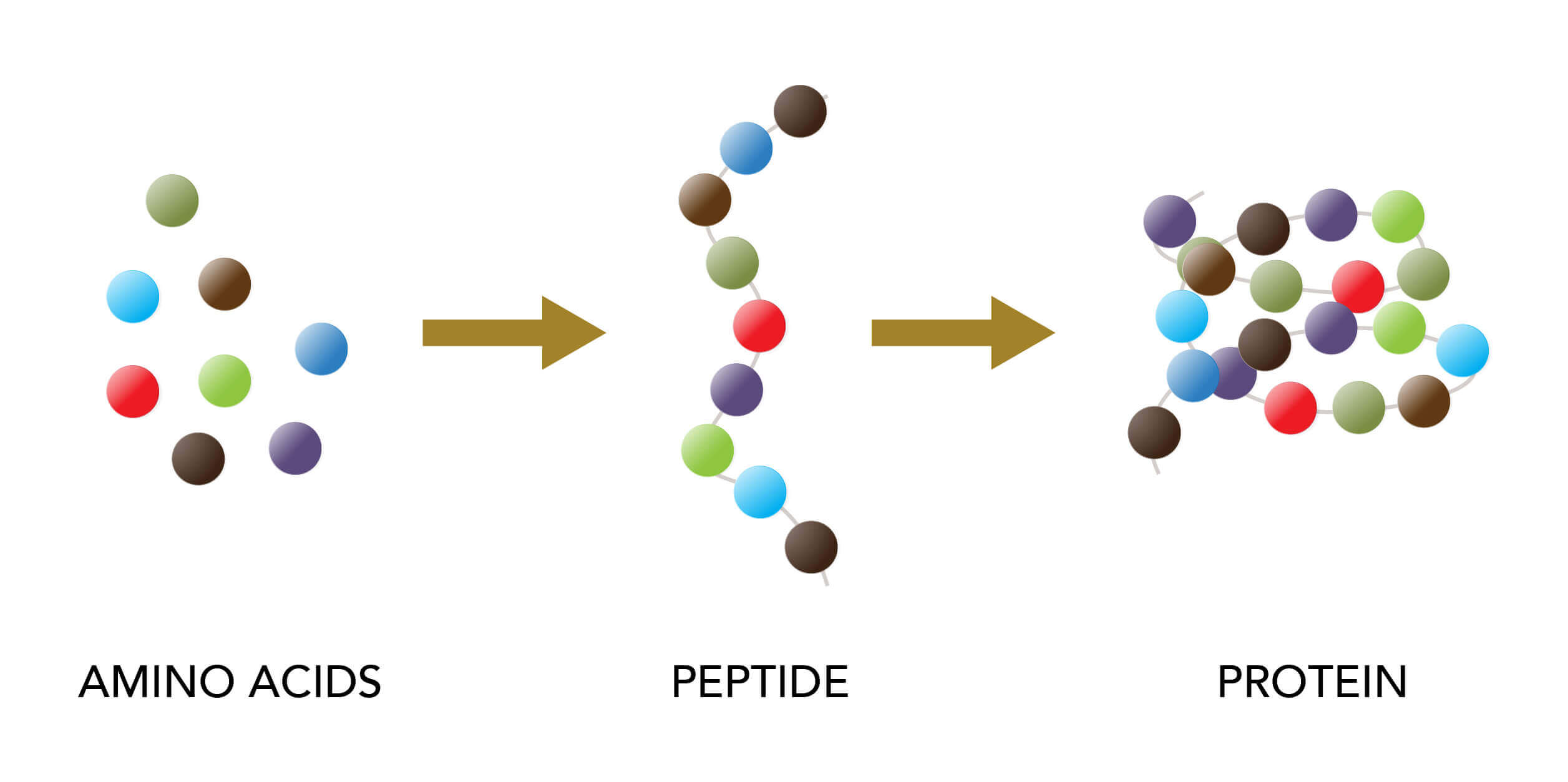
So, how do you know which peptides are actually going to work miracles on your skin?
These are the peptides to look out for:
- Palmitoyl Pentapeptide-4 – this is known as a signalling peptide, meaning that it can send signals to your deeper skin cells, telling them to perform specific tasks. These tasks include collagen and elastin production, which is something that this peptide can significantly boost, giving you firmer and tighter skin
- Palmitoyl Tetrapeptide-7 – this is a carrier peptide, meaning that it carries vital trace elements, such as magnesium and copper, to your skin cells. This has been shown to help stimulate collagen production
- Soy and Rice Peptides – these prevent the collagen and elastin in your skin from breaking down
- Acetyl Hexapeptide-8 – also known as “Botox in a box”, this peptide is made from one of the same proteins found in Botox. It has similar effects when it comes to relaxing the facial muscles, therefore temporarily smoothing away fine lines and wrinkles
Since each peptide works in such a unique way, you would be best off looking for a product that contains a mix of different peptides if you want to experience this ingredient’s full benefits. The OROGOLD 24K Termica Completion Cream is the perfect example of this, as it contains three different peptides along with a blend of powerful vitamins and botanical extracts.
6) Niacinamide
Vitamin A and vitamin C are famous for being some of the best skincare vitamins out there. While niacinamide, which is also known as vitamin B3, may not be quite as popular, it can still work miracles when it comes to the health and appearance of your skin.
What exactly does niacinamide do?
Several different things, including:
-
- Minimizes redness and inflammation, which can help with treating different inflammatory skin disorders, including eczema, psoriasis and acne
- Fortifies the skin’s natural barrier, which then enables the skin to better retain moisture, keeping it hydrated and healthy
- Minimizes the appearance of enlarged pores, and can also help to gradually reduce actual pore size over time
- Regulates oil production, which can help to prevent the skin from over-producing sebum, cutting back on oiliness and breakouts
- Targets hyperpigmentation and is able to lighten dark spots after just four weeks of consistent use
- Promotes the production of collagen, minimizing fine lines and wrinkles
Niacinamide is an ingredient that all skin types would benefit from, and, with no side effects whatsoever, this is one that everybody should be adding into their skincare routine.
If you have been struggling with certain skin issues, it would definitely be worth looking into some of these six ingredients. Each one has the ability to target such a wide range of different skin concerns, leaving you with healthier and happier skin.


